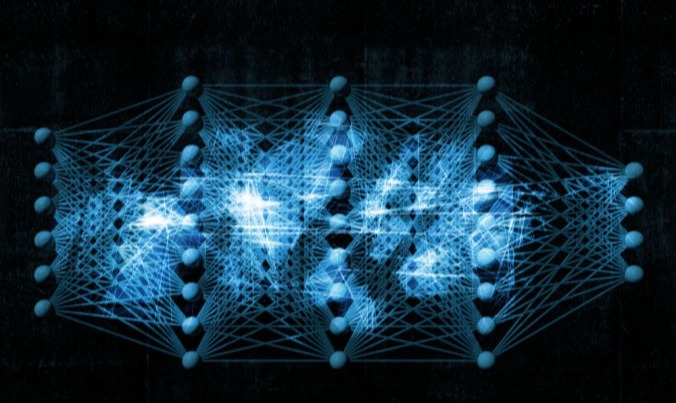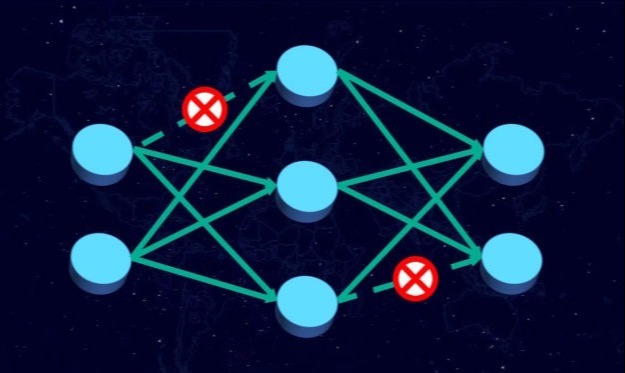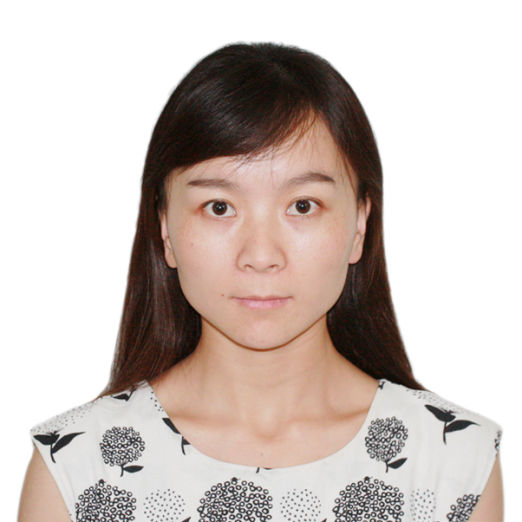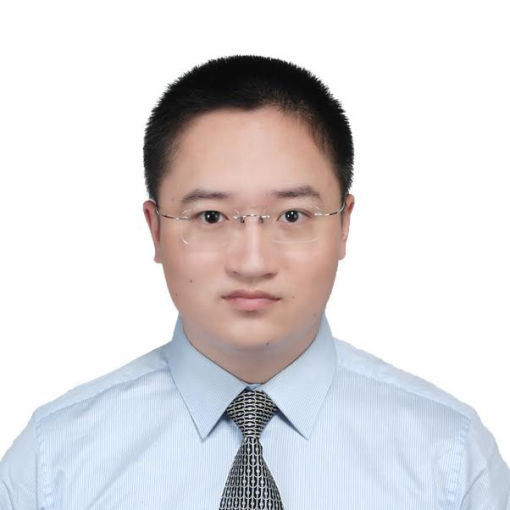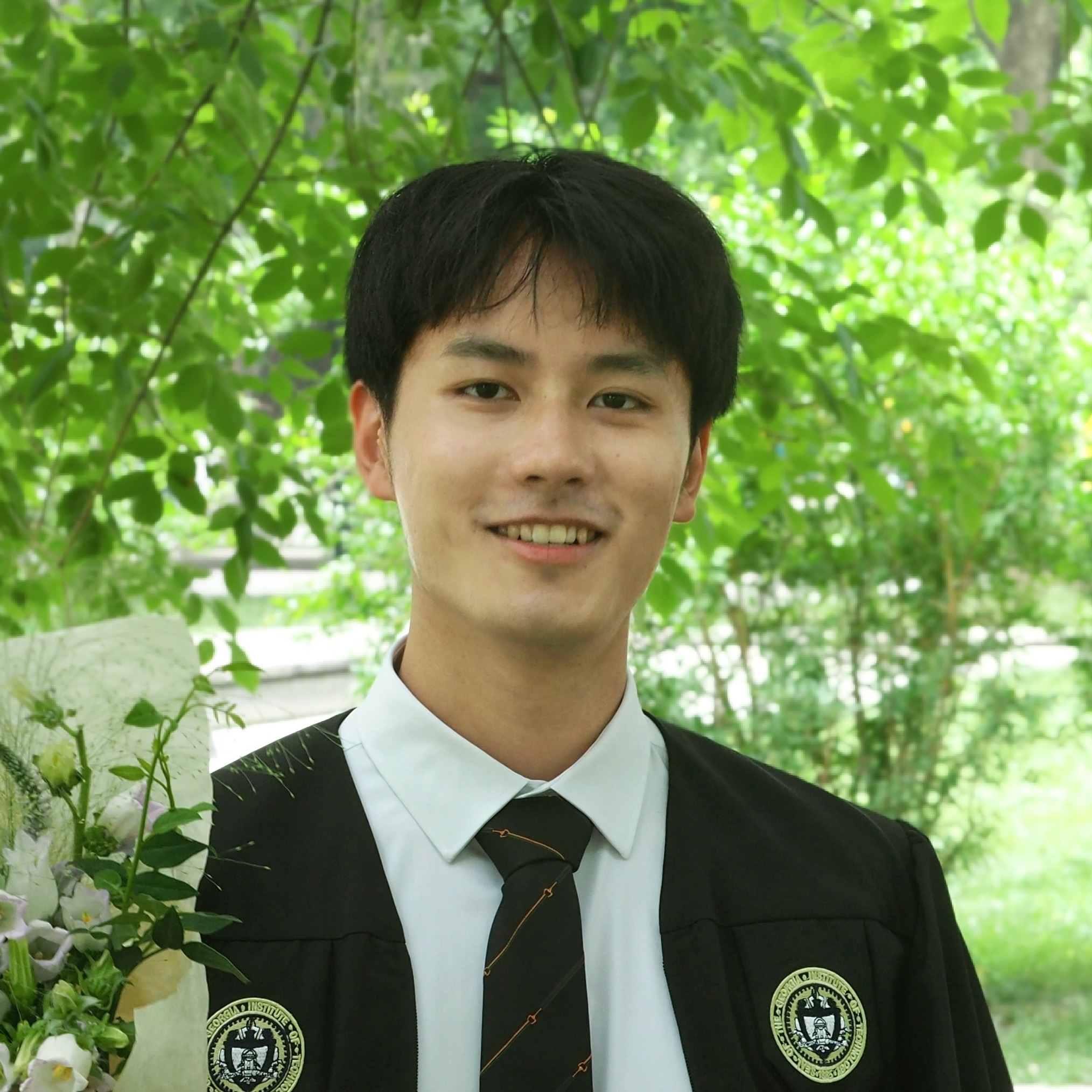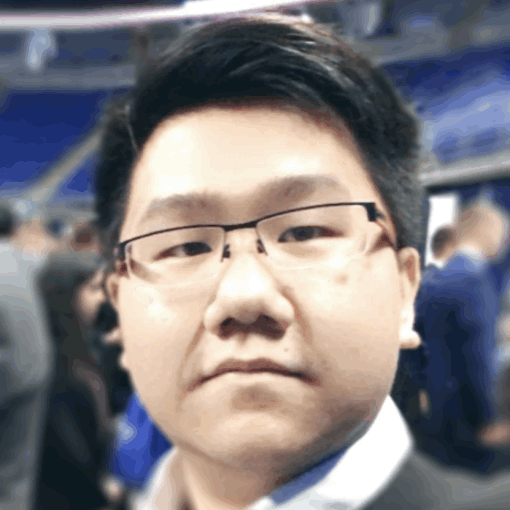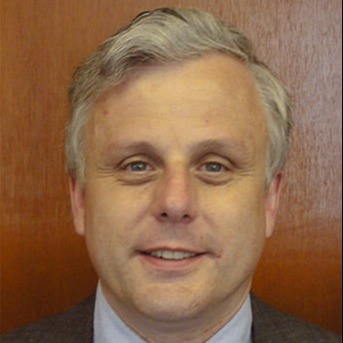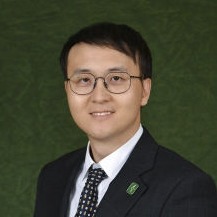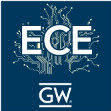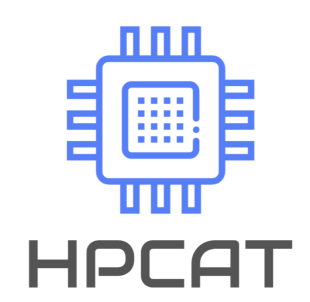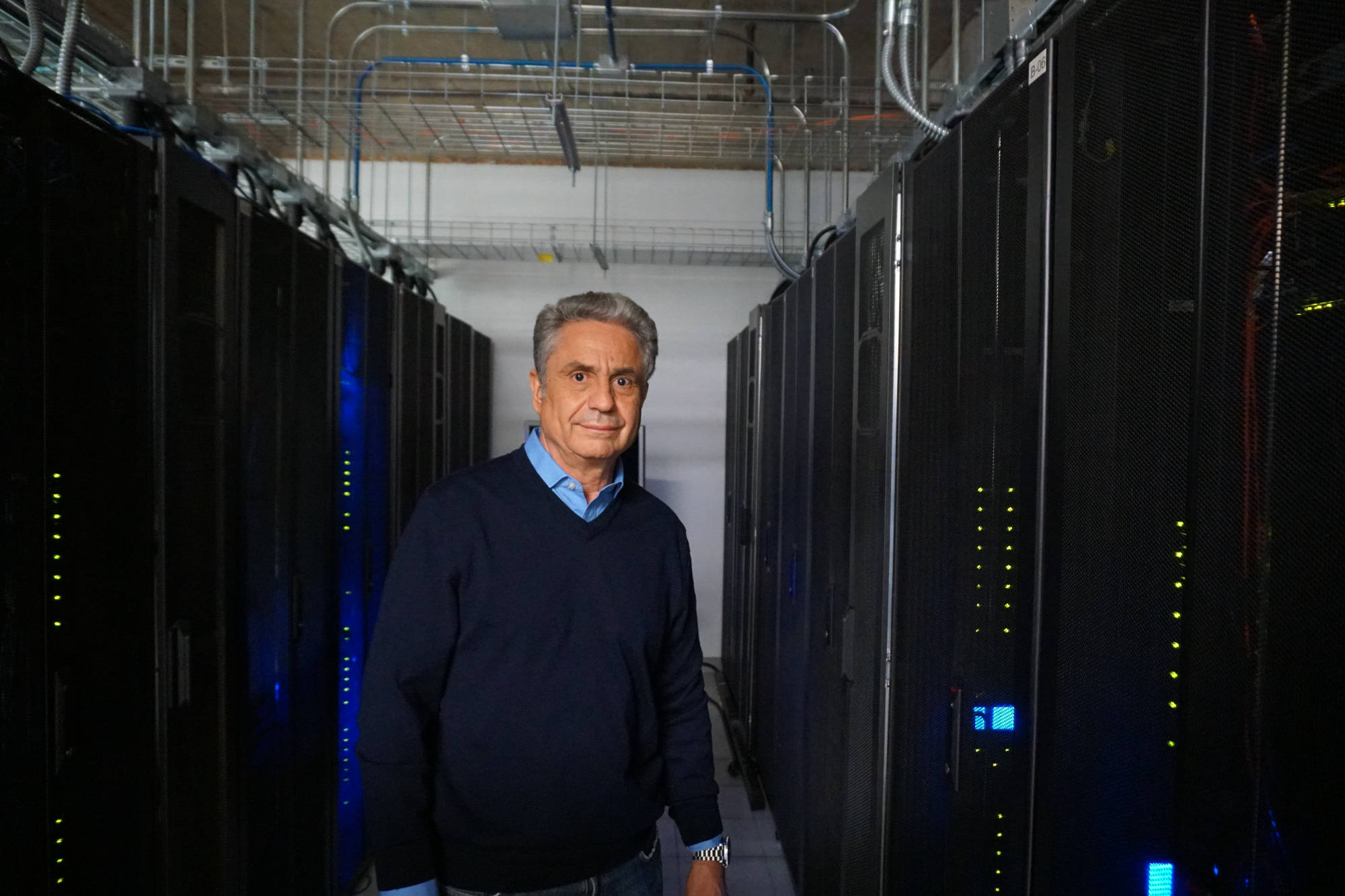
HIGH PERFORMANCE COMPUTING ARCHITECTURES & TECHNOLOGIES LAB
We are looking for new post-doctoral research fellows and Ph.D. students!
Looking for new post-doctoral research fellows and Ph.D. students!
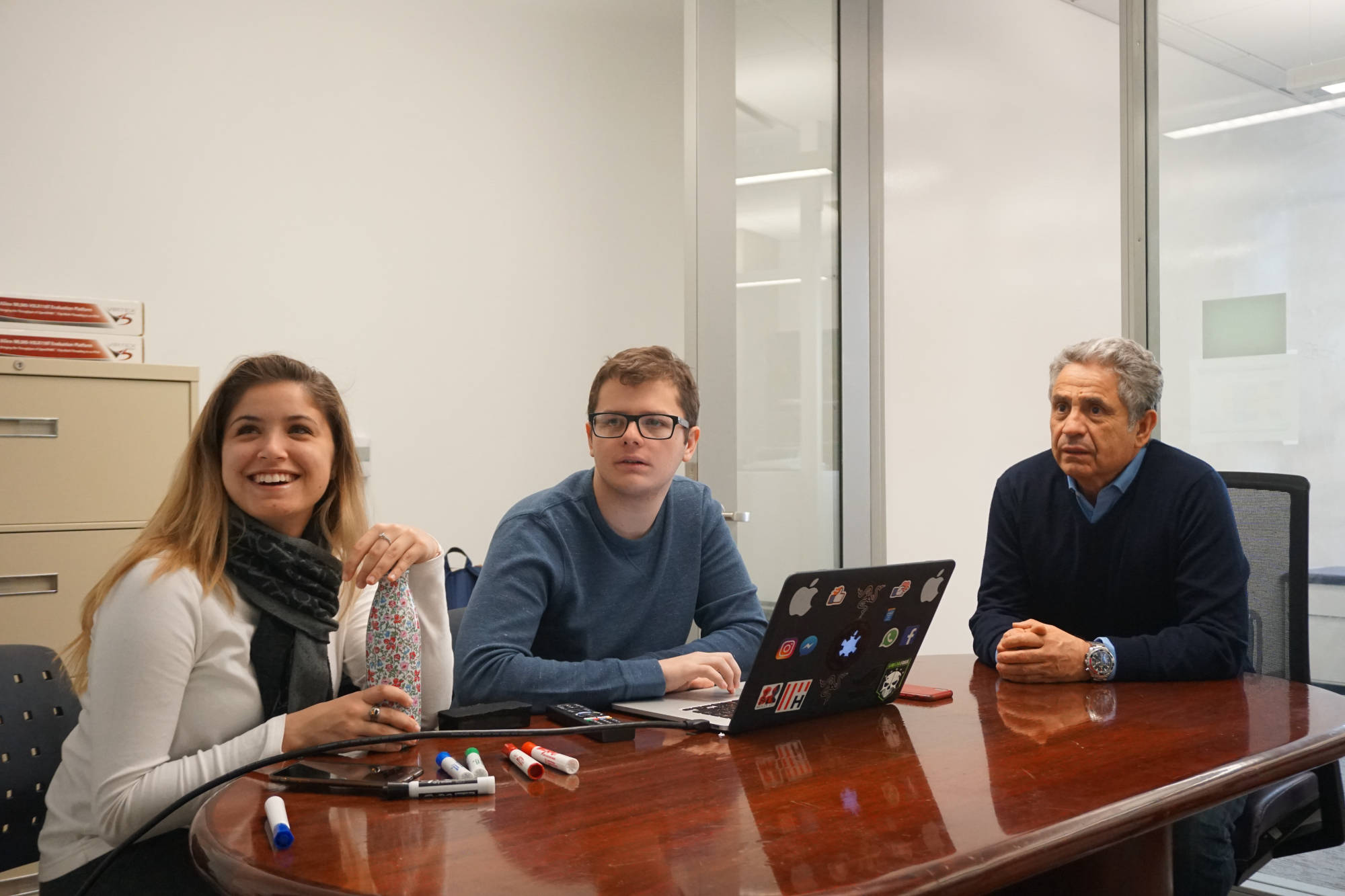
HIGH PERFORMANCE COMPUTING ARCHITECTURES & TECHNOLOGIES LAB
We are looking for new post-doctoral research fellows and Ph.D. students!
Looking for new post-doctoral research fellows and Ph.D. students!
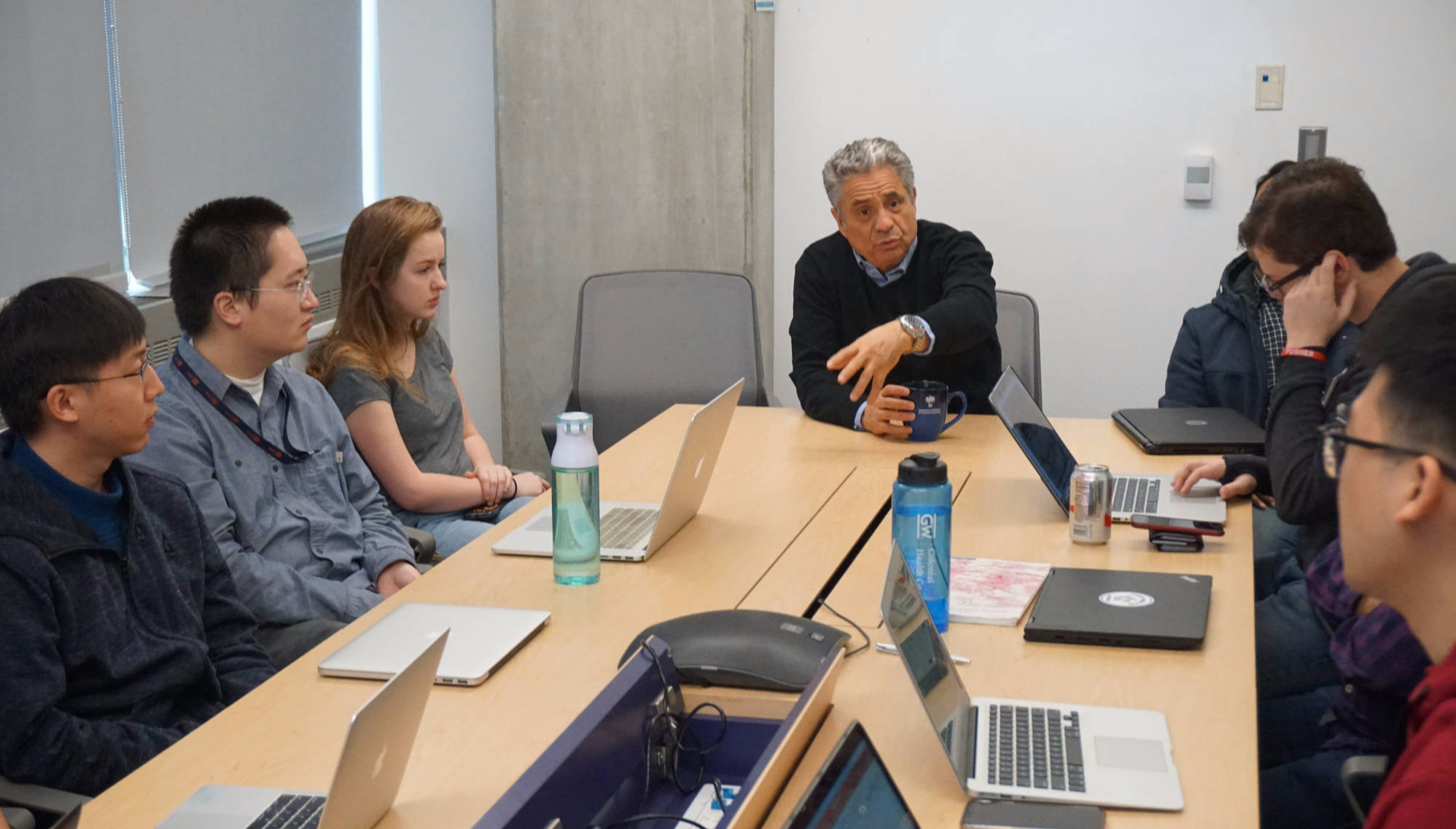
HIGH PERFORMANCE COMPUTING ARCHITECTURES & TECHNOLOGIES LAB
We are looking for new post-doctoral research fellows and Ph.D. students!
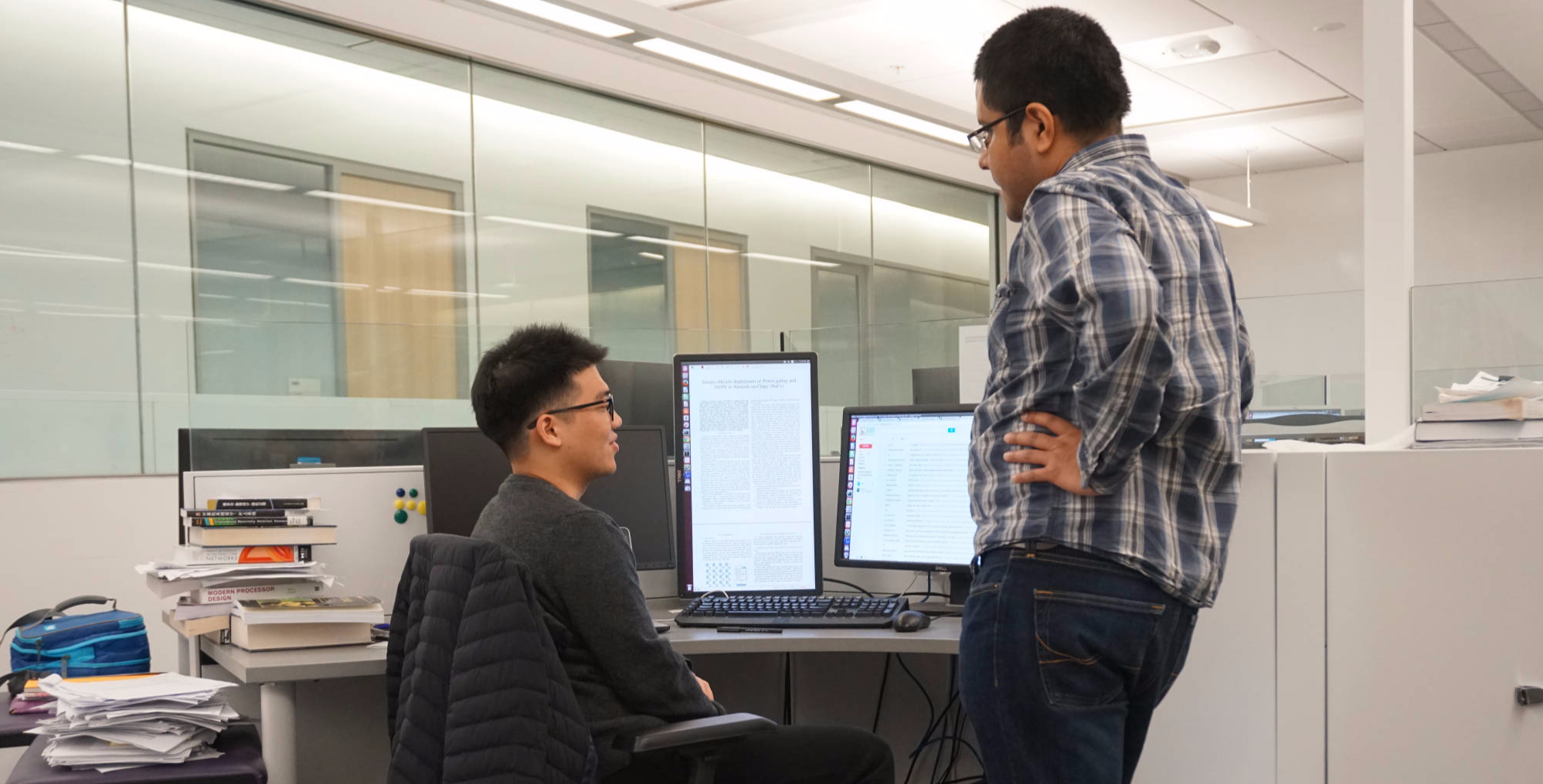
HIGH PERFORMANCE COMPUTING ARCHITECTURES & TECHNOLOGIES LAB
We are looking for new post-doctoral research fellows and Ph.D. students!
Looking for new post-doctoral research fellows and Ph.D. students!
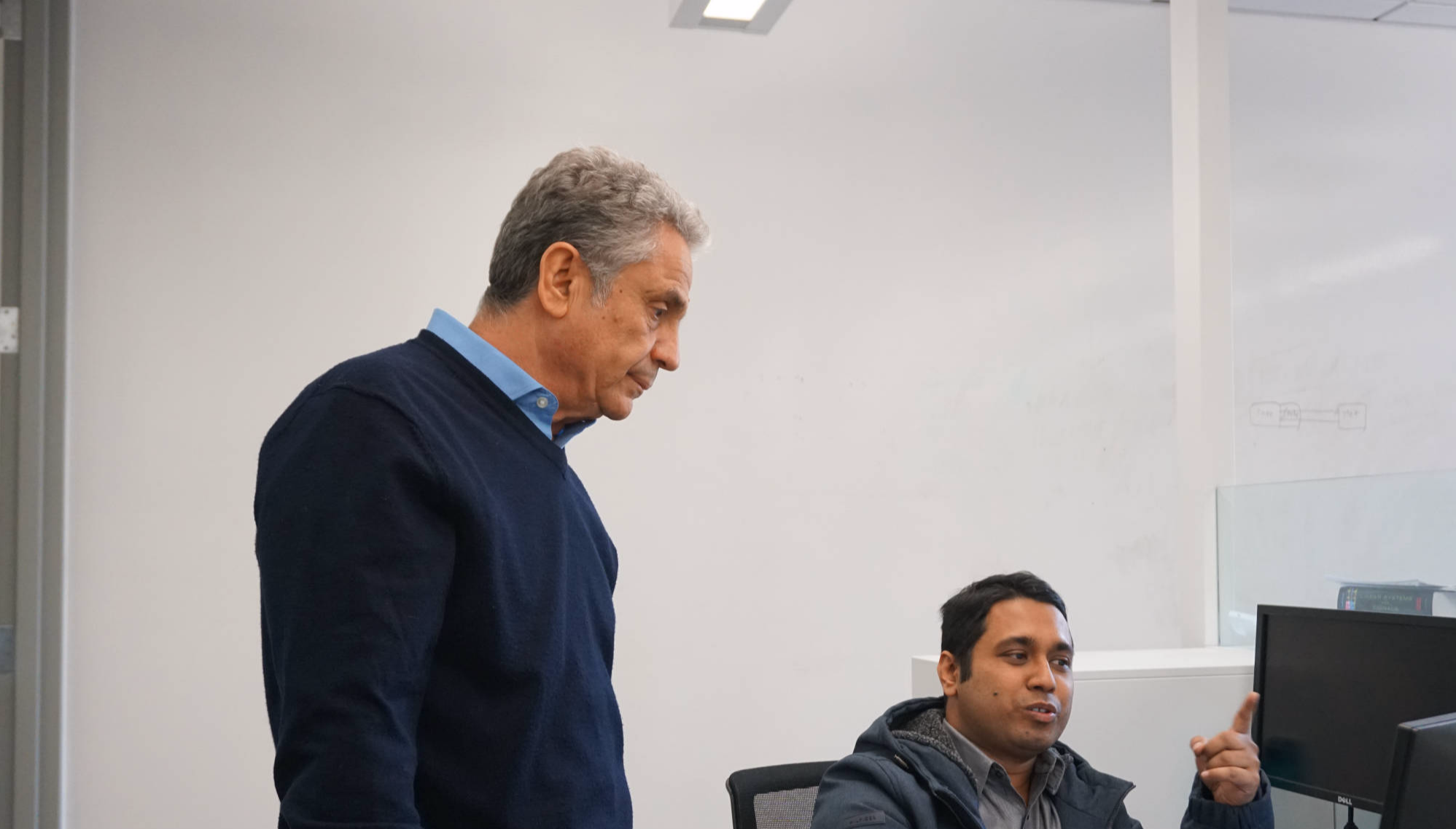
HIGH PERFORMANCE COMPUTING ARCHITECTURES & TECHNOLOGIES LAB
We are looking for new post-doctoral research fellows and Ph.D. students!
Looking for new post-doctoral research fellows and Ph.D. students!
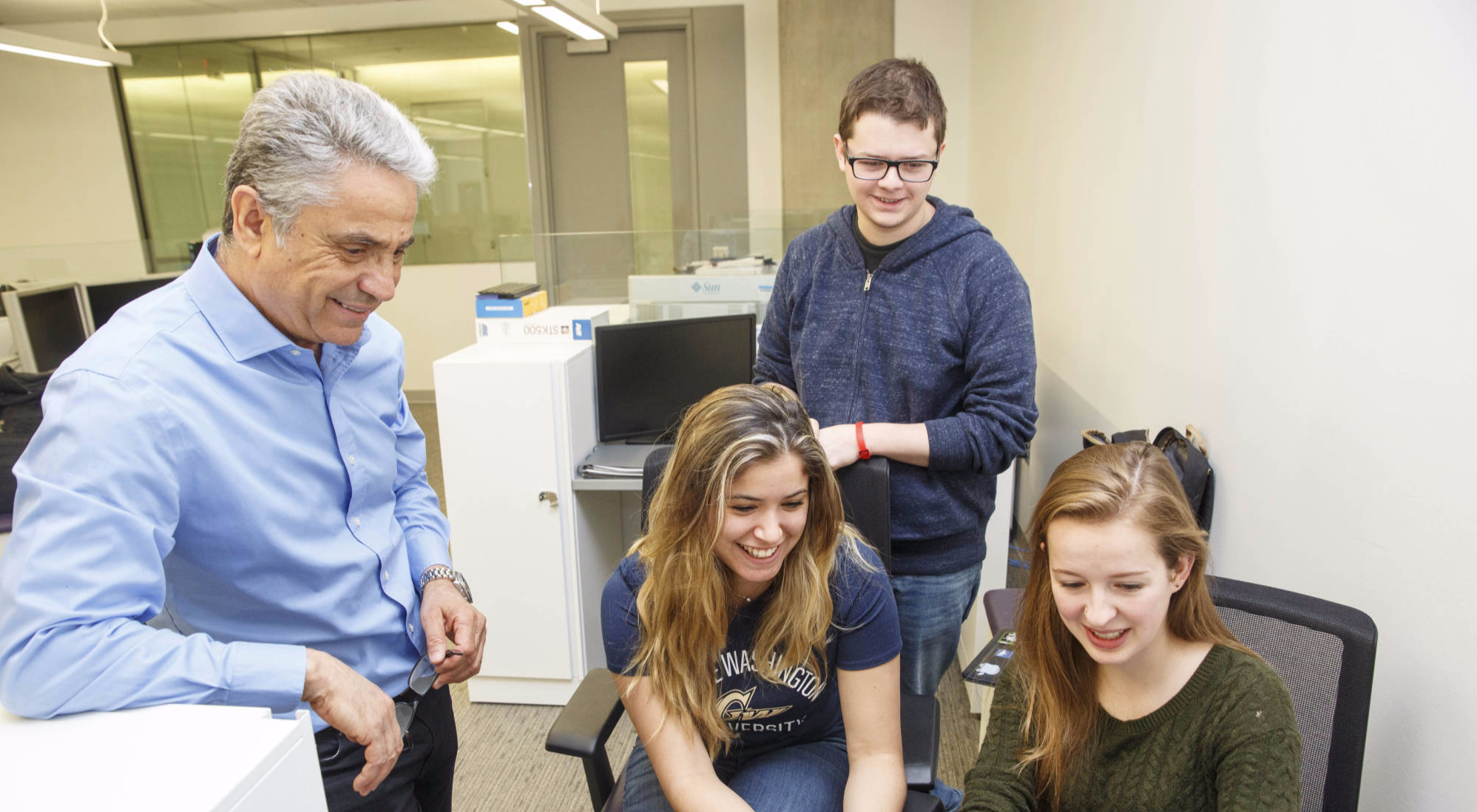
HIGH PERFORMANCE COMPUTING ARCHITECTURES & TECHNOLOGIES LAB
We are looking for new post-doctoral research fellows and Ph.D. students!
Looking for new post-doctoral research fellows and Ph.D. students!
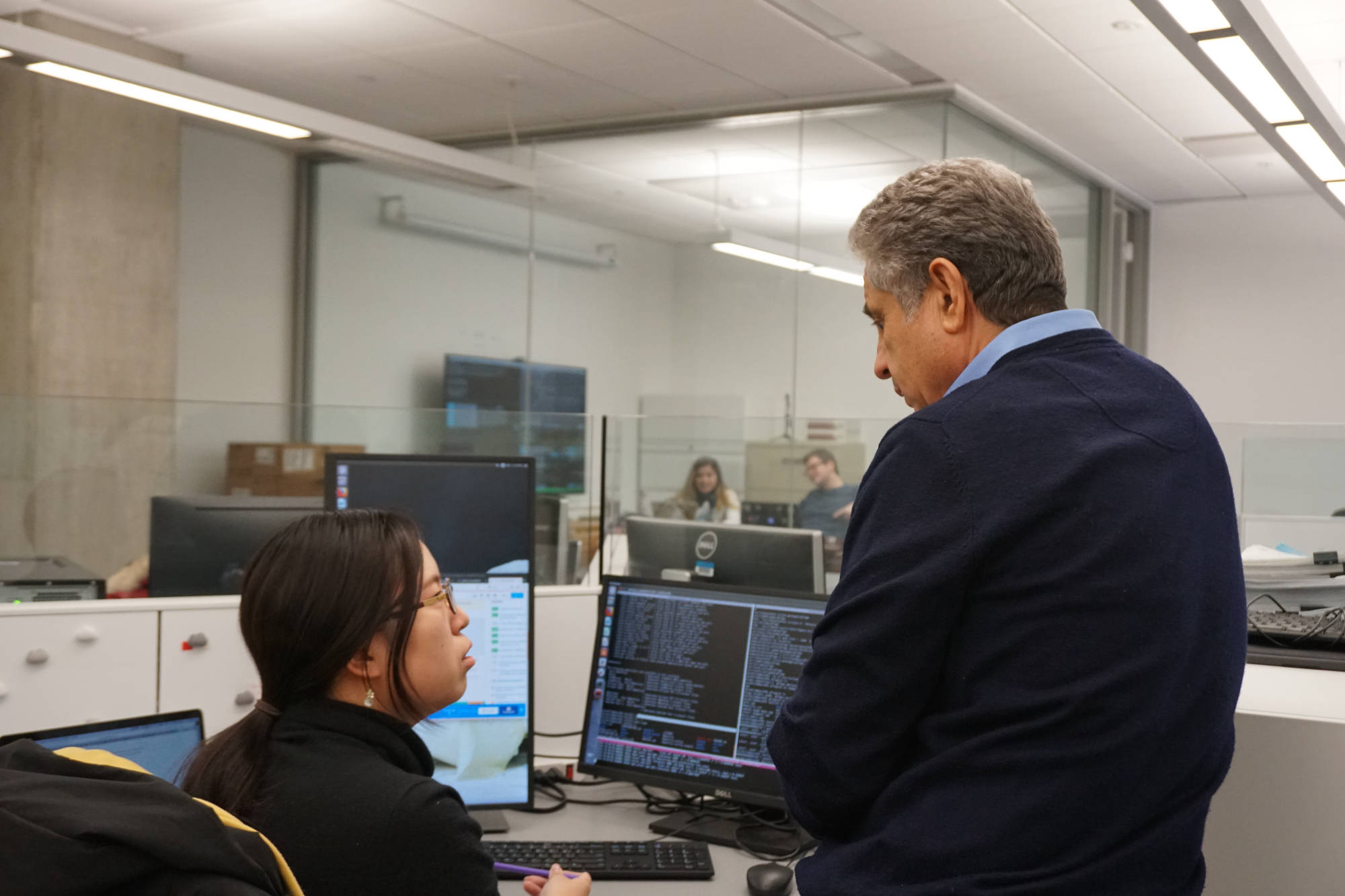
HIGH PERFORMANCE COMPUTING ARCHITECTURES & TECHNOLOGIES LAB
We are looking for new post-doctoral research fellows and Ph.D. students!
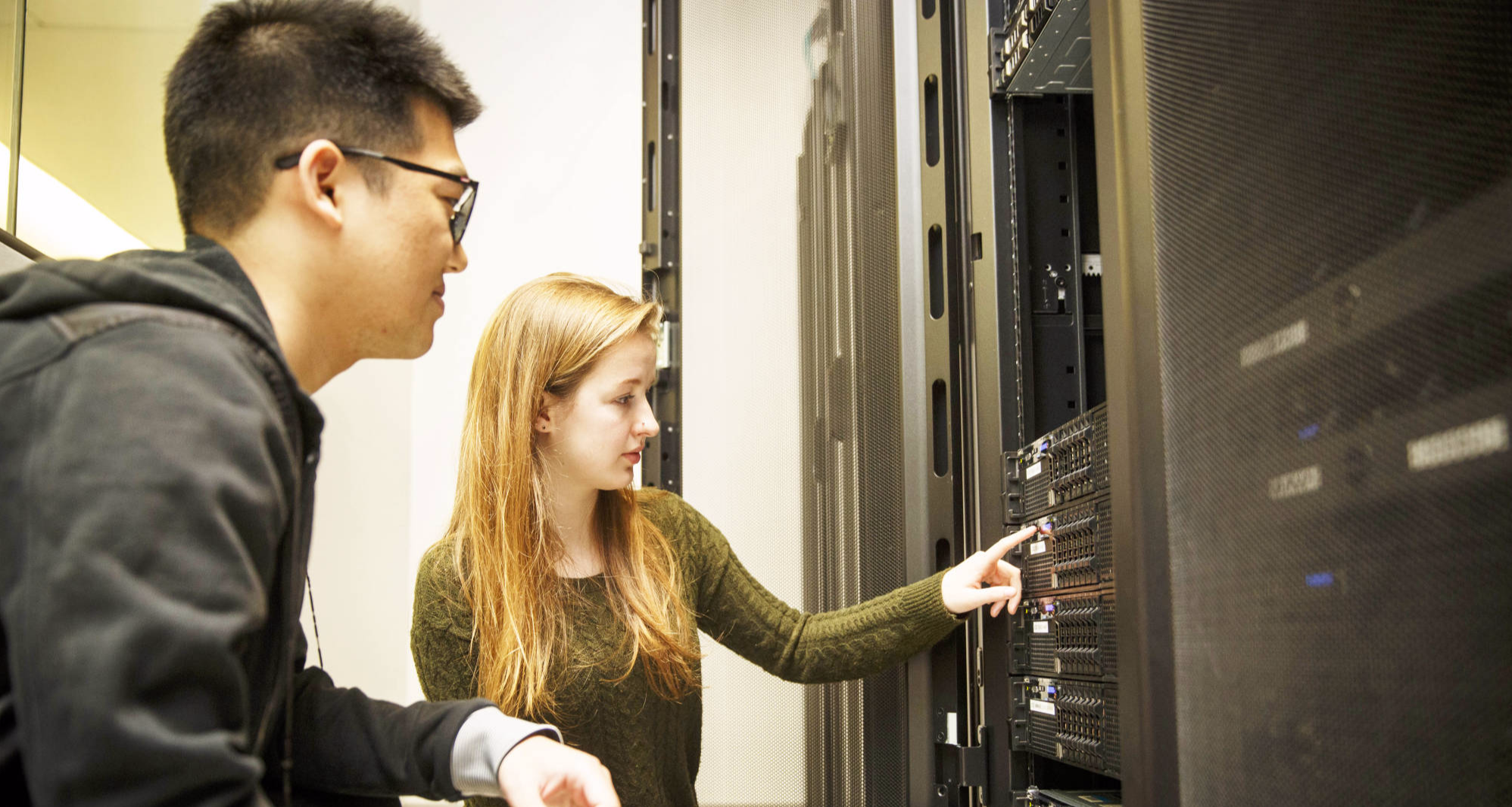
HIGH PERFORMANCE COMPUTING ARCHITECTURES & TECHNOLOGIES LAB
We are looking for new post-doctoral research fellows and Ph.D. students!
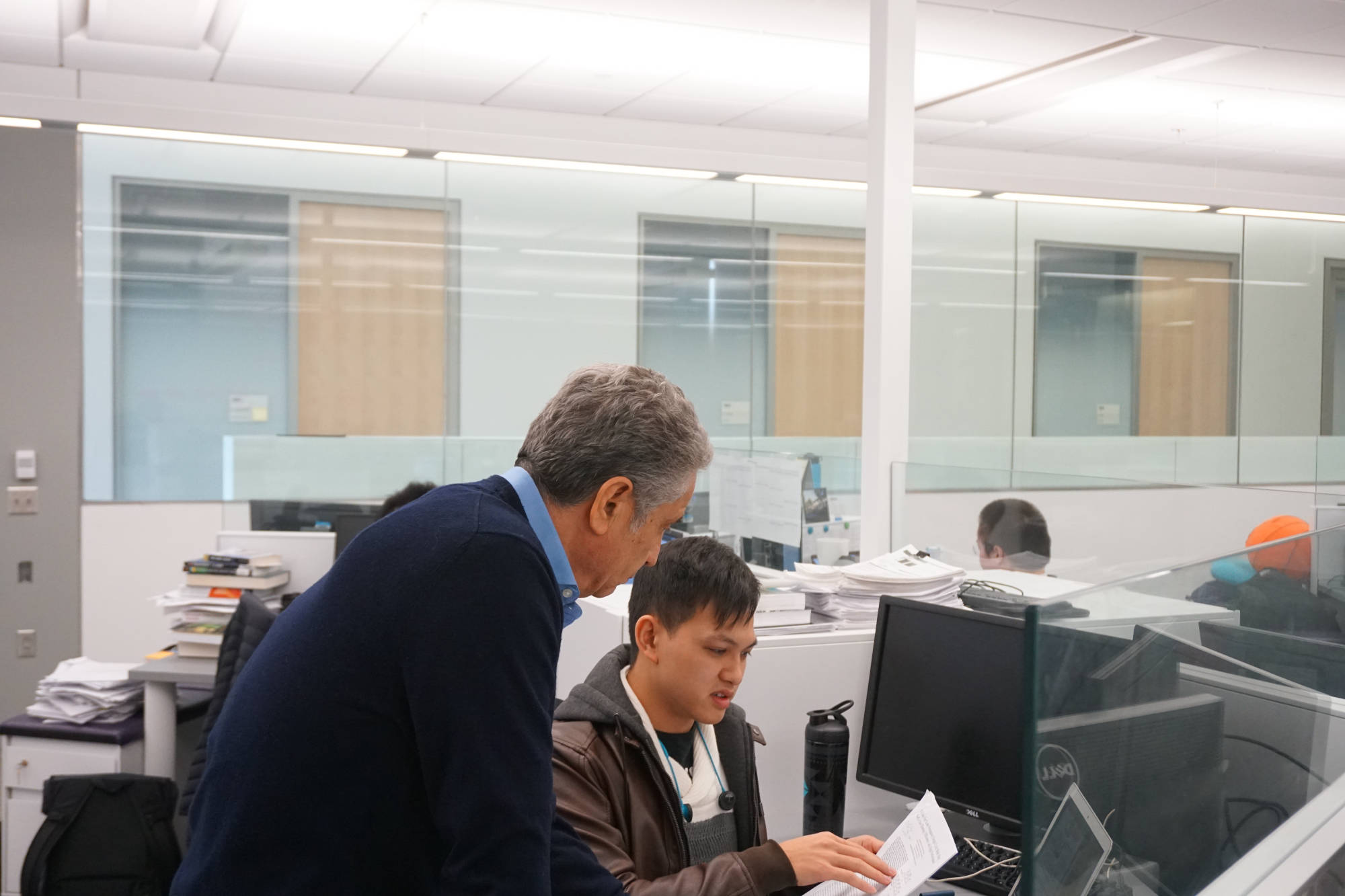
HIGH PERFORMANCE COMPUTING ARCHITECTURES & TECHNOLOGIES LAB
We are looking for new post-doctoral research fellows and Ph.D. students!
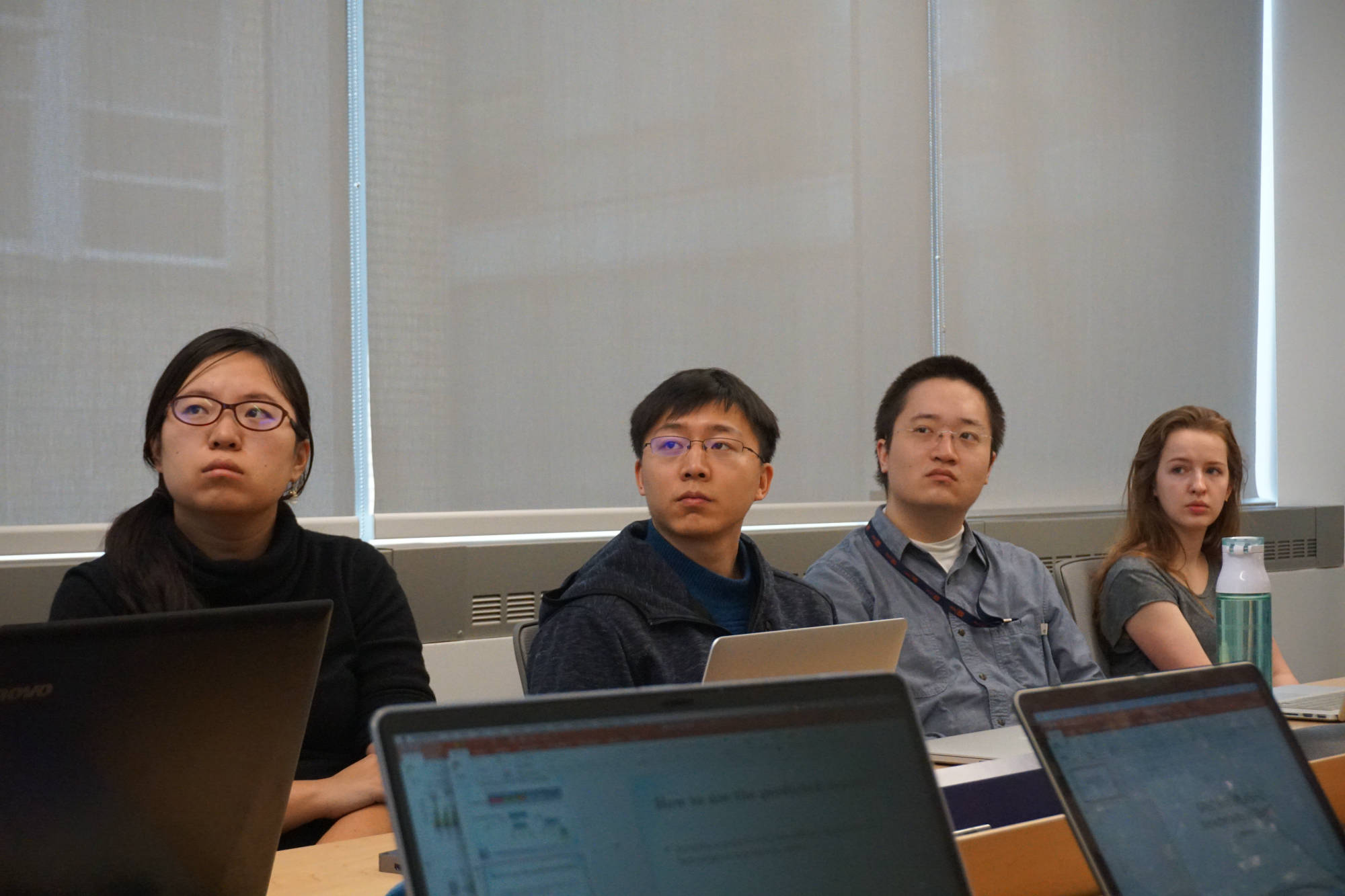
HIGH PERFORMANCE COMPUTING ARCHITECTURES & TECHNOLOGIES LAB
We are looking for new post-doctoral research fellows and Ph.D. students!
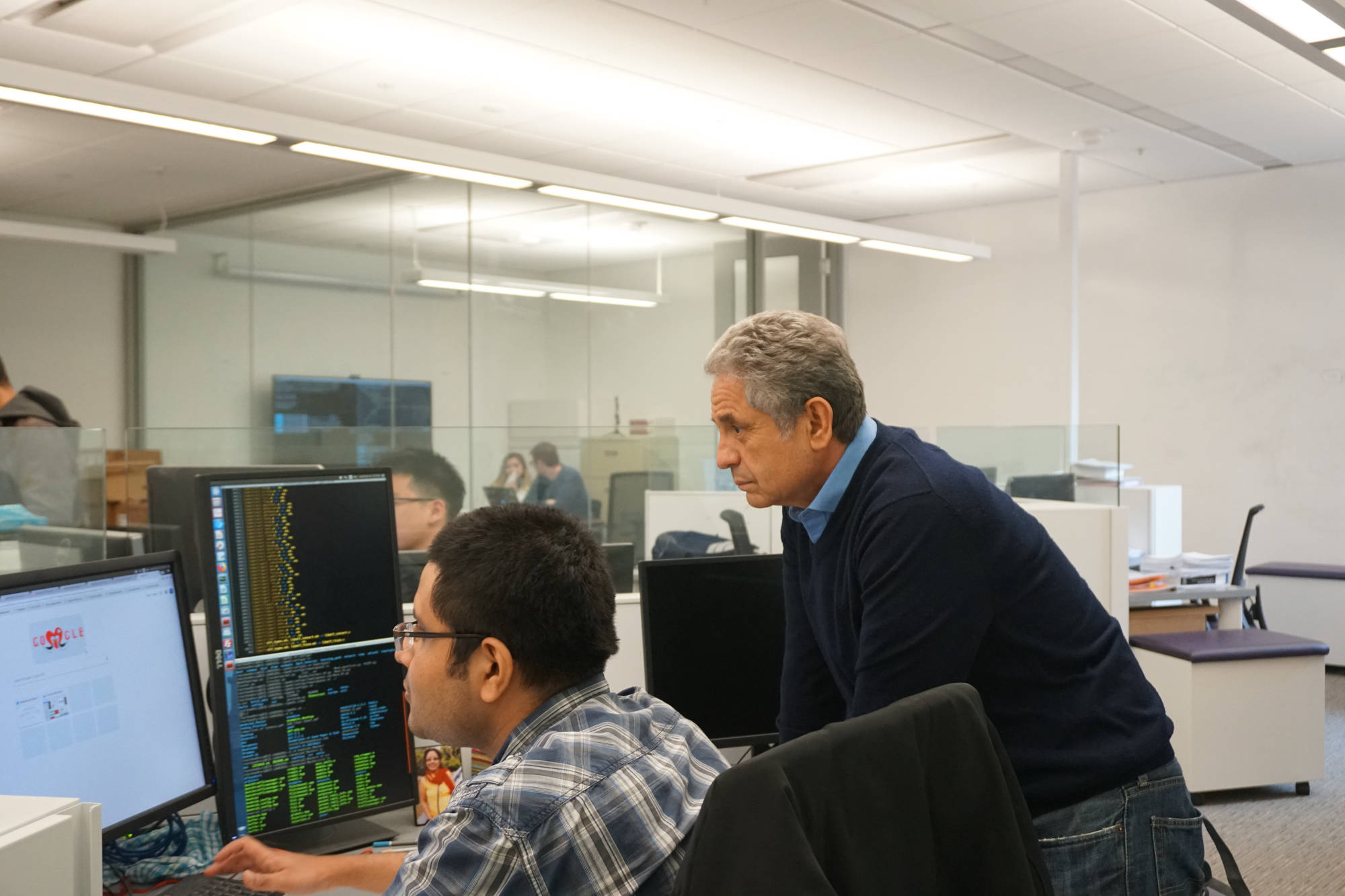
HIGH PERFORMANCE COMPUTING ARCHITECTURES & TECHNOLOGIES LAB
We are looking for new post-doctoral research fellows and Ph.D. students!
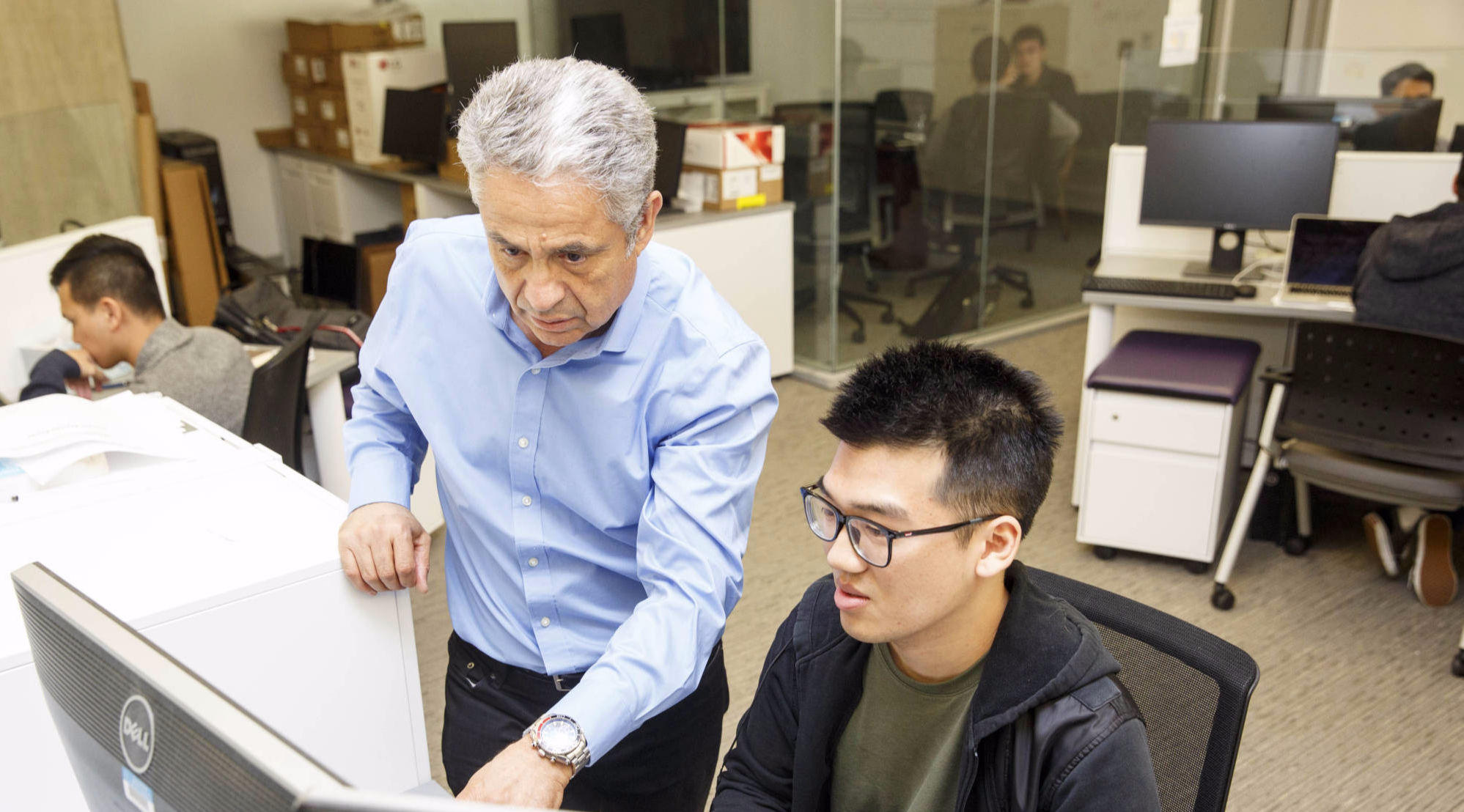
HIGH PERFORMANCE COMPUTING ARCHITECTURES & TECHNOLOGIES LAB
We are looking for new post-doctoral research fellows and Ph.D. students!
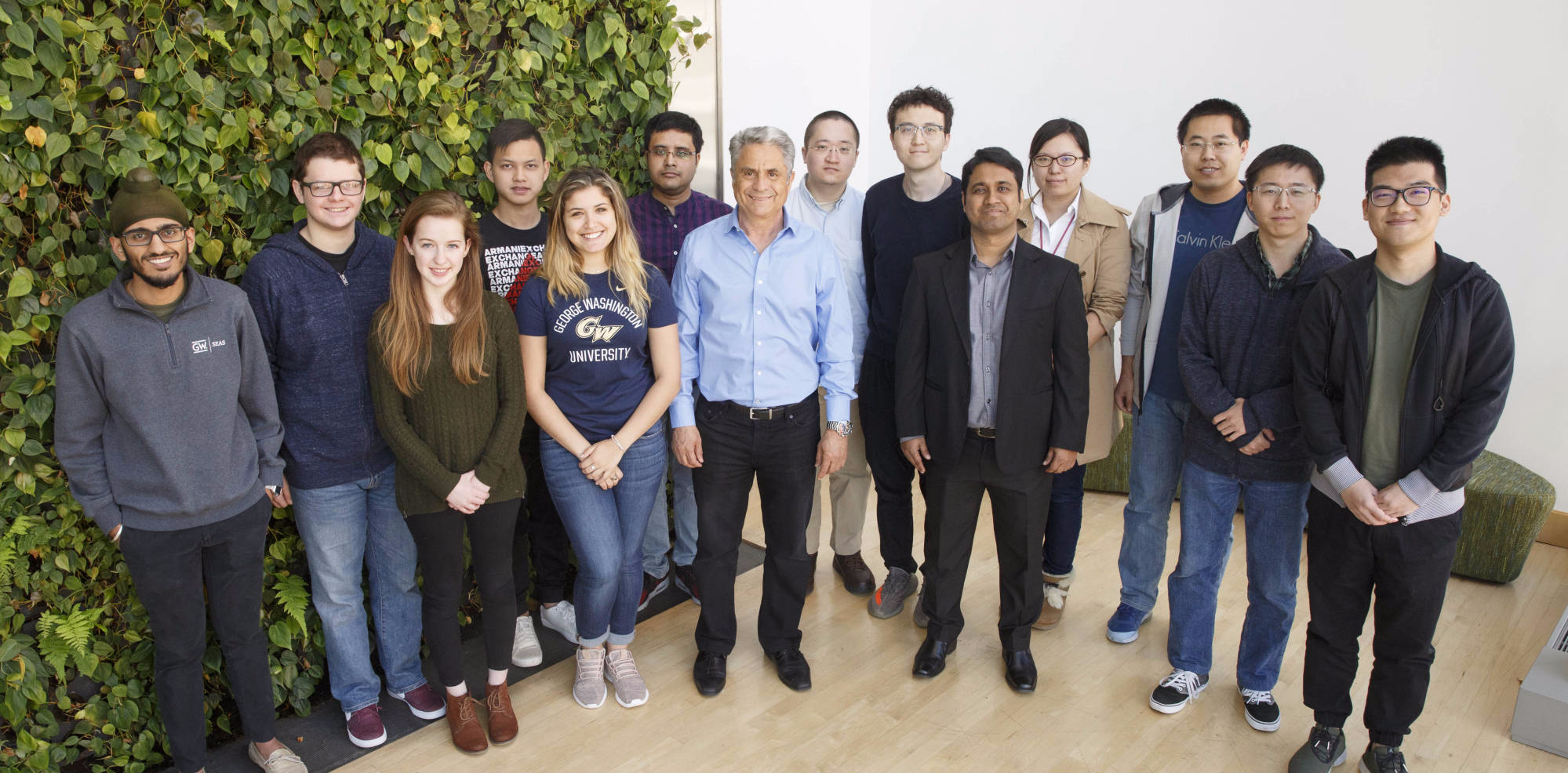
HIGH PERFORMANCE COMPUTING ARCHITECTURES & TECHNOLOGIES LAB
We are looking for new post-doctoral research fellows and Ph.D. students!
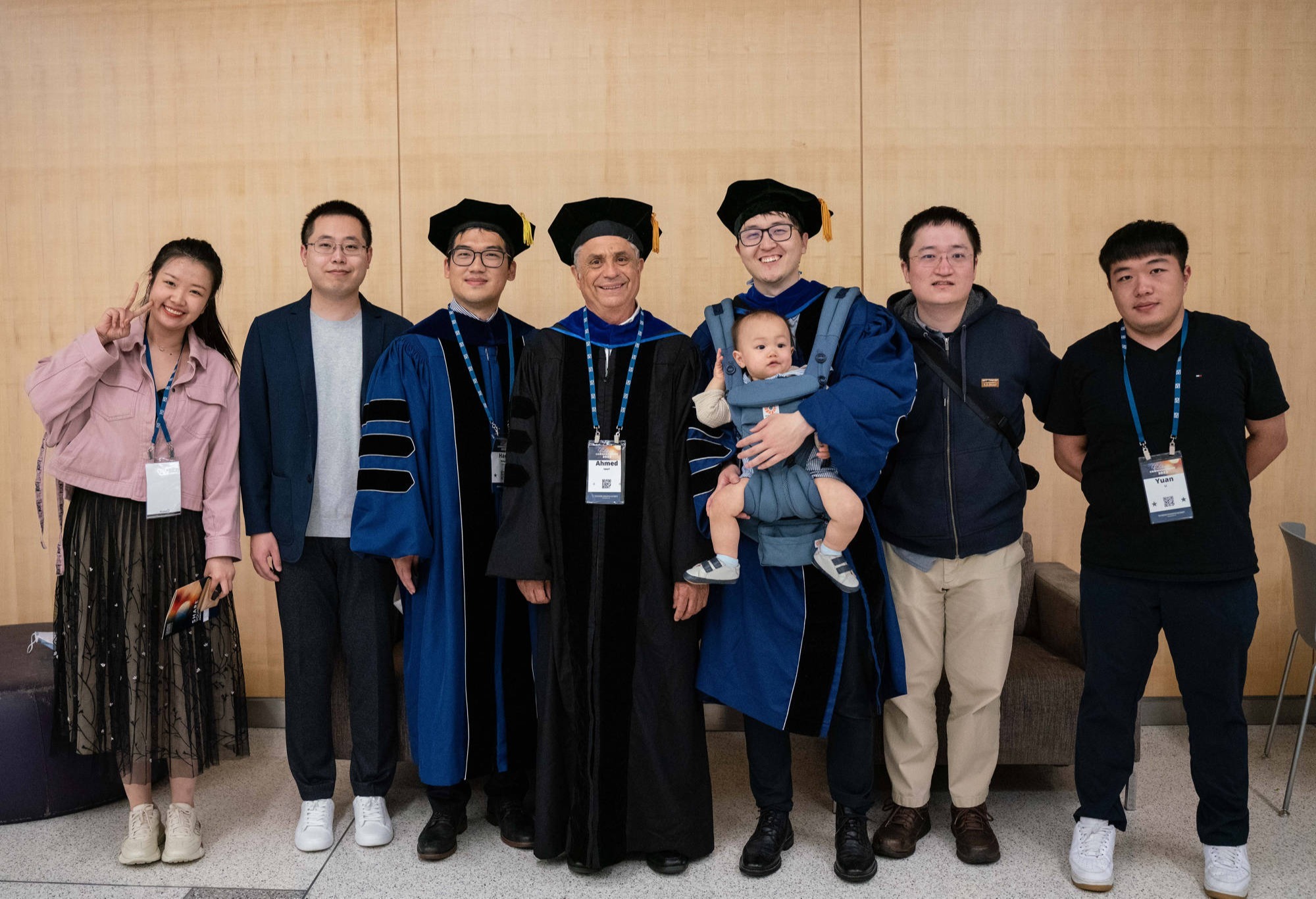
HIGH PERFORMANCE COMPUTING ARCHITECTURES & TECHNOLOGIES LAB
We are looking for new post-doctoral research fellows and Ph.D. students!
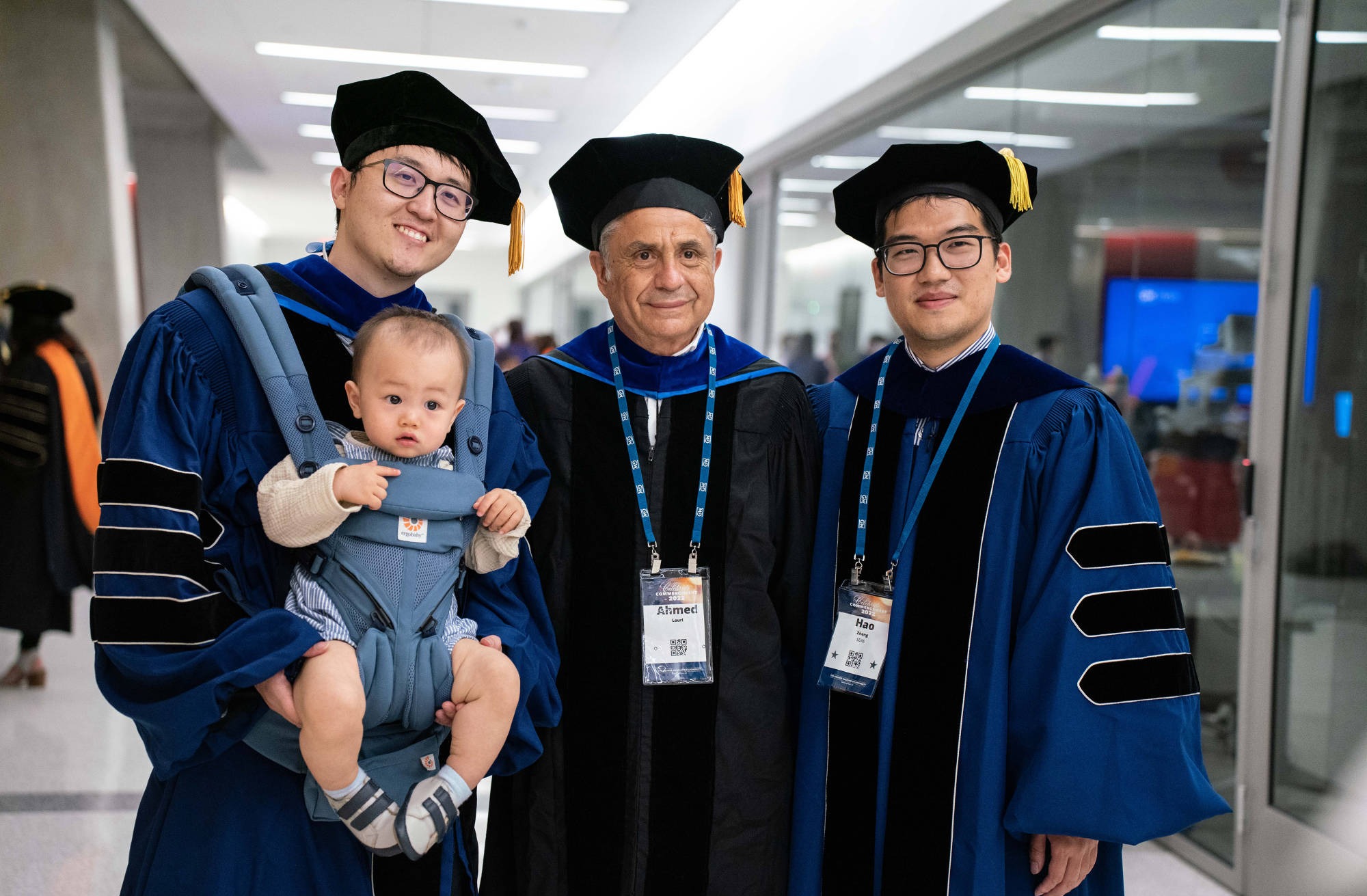
HIGH PERFORMANCE COMPUTING ARCHITECTURES & TECHNOLOGIES LAB
We are looking for new post-doctoral research fellows and Ph.D. students!



